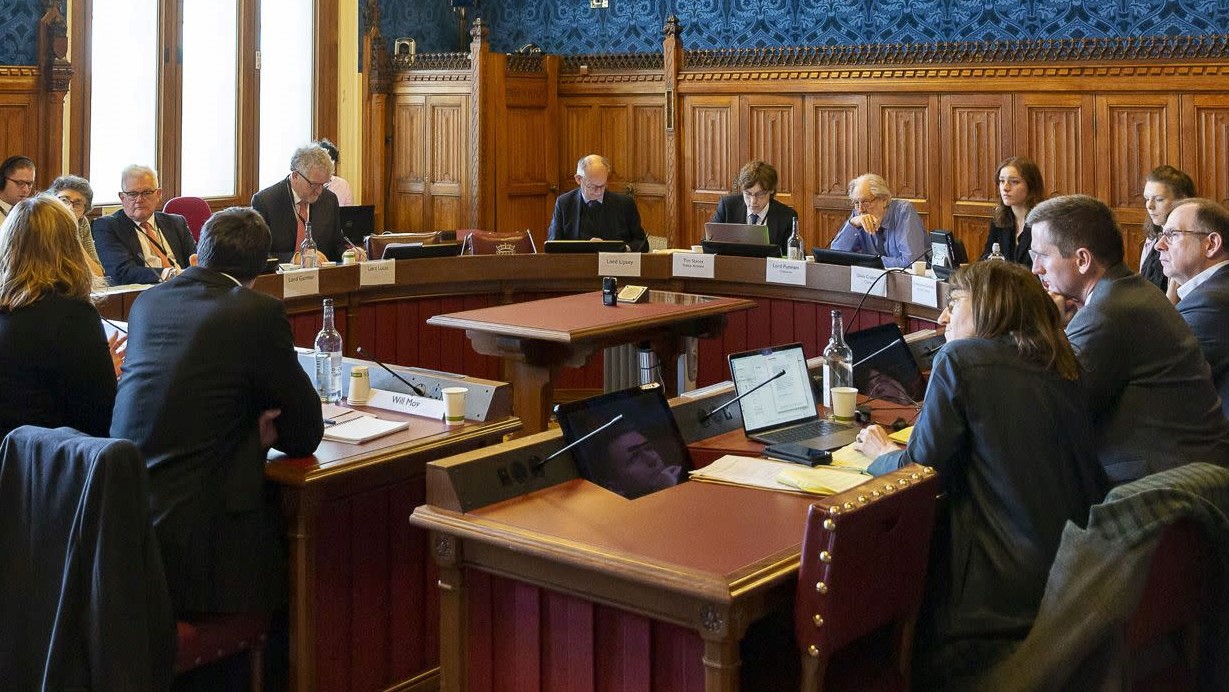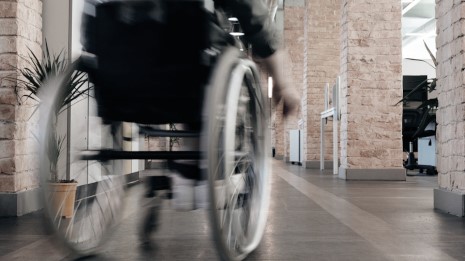Policy Engagement - Opportunities and Case Studies
Useful Resources
Newsfeed: Latest UK Government Opportunities
Areas of Research Interest (ARIs)
Select Committee Inquiry: Outdoor and indoor air quality targets | Environmental Audit Committee | Thursday 25 May 2023
Select Committee Inquiry: The Edinburgh Reforms | Treasury Committee | No current deadline for submissions
Select Committee Inquiry: DHSC Annual Report and Accounts 2021-22 | Public Accounts Committee
Pre-announcement: UKRI policy fellowships 2023
Parliamentary Academic Fellowships
Warwick has a strong track-record of success in the Parliamentary Office for Science and Technology (POST) Parliamentary Academic Fellowship Scheme. This competitive programme enables researchers at all career stages to use their expertise and skills to carry out projects in UK Parliament. Recent Fellows include: Dr Maria Barrett (SCAPVC); Dr James Winnett (WMG); Dr Gabriel Siles-Brügge (PAIS) and Professor Thijs Van Rens (Economics).
Industry and Parliament Trust
The IPT is an independent, non-lobbying, non-partisan charity that provides a trusted platform of engagement between Parliament and UK business. The IPT is dually supported by cross-party representation of senior parliamentarians on its Board of Trustees, and through the patronage of its industry supporters.
Policy Briefing Service
The Research Impact team helps academics write policy briefings.
Examples of previous policy briefings are available here (these are from the Faculty of Social Science).
Our experienced staff translate academic research into succinct and impactful briefings for policy-makers. Get in touch to find out more...
Parliamentary Office of Science and Technology (POST)
POST produces impartial, non-partisan, and peer-reviewed briefings, designed to make scientific research accessible to the UK Parliament. The briefings come in the form of POSTnotes and POSTbriefs. Timely and forward thinking, they cover the areas of biology and health, energy and environment, physical sciences and computing, and social sciences.
UK Parliament - Research Impact
Parliament is keen to hear from researchers from different career stages, disciplines, institutions and backgrounds.
Parliamentarians and parliamentary staff are generally interested in research that is relevant to current issues on the parliamentary agenda. In addition, MPs are interested in research related to issues that affect their constituents.UK Government - Areas of Research Interest
Areas of Research Interest (ARIs) give details about the main research questions facing government departments.
Each governmental department publishes its specific Areas of Research Interest. The Impact Team can help academics identify how to align their research with ARIs to achieve impact in government policy.
Overton
University subscription to the world’s largest searchable database of policy-type documents
Case Studies

Parliamentary Academic Fellowship
Between April 2017 and July 2019 Dr Gabriel Siles-Brügge spent 2 days a week in Westminster as one of the first ever Parliamentary Academic Fellows, assisting the International Trade Committee (ITC). Embedded in the Committee policy team, Siles-Brügge contributed to numerous briefings to MPs and helped the Committee prepare several reports on UK trade and investment policy.

Women of Colour Resist - Engaging with Activists
Dr Akwugo Emejulu is working with activists across Europe to help bring attention to their campaigning. Her research highlights the successes and challenges faced by women of colour activists which feeds into ongoing conversations and campaigns to affect change in policy, visibility and engagement.

Committee on Standards in Public Life
Professor Mark Philp chairs the Research Advisory Board for the UK’s Committee on Standards in Public Life (CSPL). Recent work has seen the Committee make the case for making the intimidation of candidates in elections an offence, which will shortly issue in statute after extensive collaborative work with the Jo Cox Foundation and Parliament.

European Foundation for the Care of New-born Infants
Professor Dieter Wolke's research on the effects of being born preterm has led to invitations to join the scientific advisory boards of key European and international new-born health organisations.
His research has also contributed to policy and practice guidelines for the standards of care for preterm babies.

All Party Parliamentary Group for Disability
Since 2016 Professor Kim Hoque has worked with the All Party Parliamentary Group (APPG) for Disability to influence government disability employment policy. Working closely with the Chair of the APPG, Doctor Lisa Cameron MP, Hoque has met with and persuaded MPs and civil servants from across the political spectrum to support the proposals outlined in his research.


Since 2016, Dr Ana Aliverti has worked closely with English police forces and the Home Office's Immigration Enforcement (IE) on an independent evaluation of immigration-police cooperation in everyday policing. UK's police forces and IE have started to formalize their joint working practices and policies, particularly since the national roll out of Operation Nexus in 2012.

Doing Politics, Changing Society
Since 2010 Dr Khursheed Wadia has worked with the Muslim Women's Network UK (MWNUK) advising on issues of gender and policy. Between 2018 and 2019, Doctor Wadia ran a programme with MWNUK to equip young women of colour with resources and confidence to organise and launch social action campaigns on issues including disability rights, colourism and sexual harassment.

